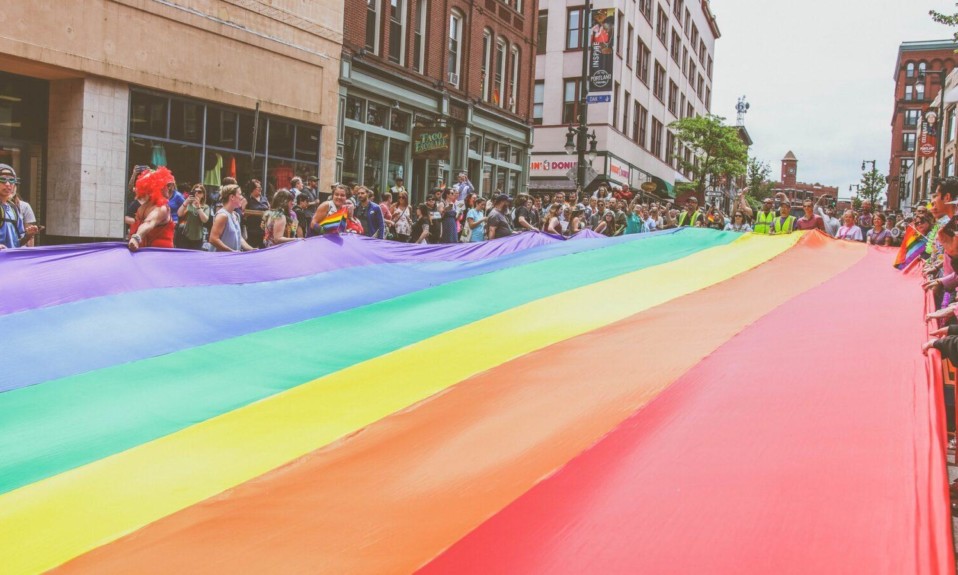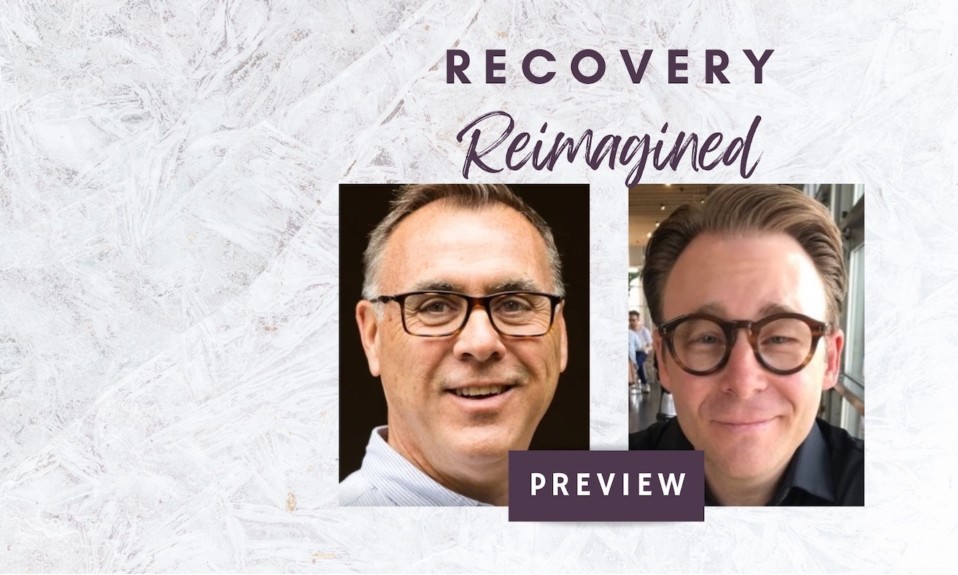Our expert says the key to moving forward is to help patients build up recovery capital
By Matt DeMasi, M.A.
March 23, 2021When you think about the LGBTQIA+ population, what’s the first word that comes to mind? “Pride”? “Rainbow”? I wouldn’t be surprised if it’s either one. During Pride Month each June, there are celebrations of love, inclusion and acceptance. But there are numerous other realities we face in the LGBTQIA+ community. Many LGBTQIA+ people are fighting silent demons, because there are few outlets to express and process them.
One way LGBTQIA+ people might handle their emotional burdens is through the use of alcohol and substances. The LGBTQIA+ population experiences mental health and addiction diseases at much higher rates than our heterosexual counterparts. Depression, anxiety and suicidal tendencies run rampant.
Even when LGBTQIA+ individuals have the means to access care, the level of sensitivity and competence in addressing our unique needs can be lacking. A treatment environment devoid of trust and safety simply doesn’t encourage healing.”
Given the dearth of resources, it should come as no surprise that many within our population use substances as a way of coping with mental health issues. The safe spaces available to us tend to be bars and other places where alcohol and substances are not only readily available but encouraged. When the only place a person feels accepted is in a bar or club, it makes sense that substance use disorder (SUD) will follow.
The Reasons for SUD in the LGBTQIA+ Community
A reason LGBTQIA+ people use substances is to feel more comfortable and alleviate social anxiety. It can be easy to fall into the rhythm of addictive behaviors to feel more at ease, especially when it appears that everyone else is doing the same. If you don’t have a drink in your hand, usually someone is more than happy to buy one for you. And on nights when no one is available to party, it’s easy to drink alone to wash away feelings of rejection. Either way, the addiction feedback loop grows and grows.
Healthier options to process trauma and other concerns, such as therapy, can be too costly. Insurance benefits don’t always cover mental health, and as much as one-third of the LGBTQIA+ population in the United States either is underinsured or has no insurance at all. Even when LGBTQIA+ individuals have the means to access care, the level of sensitivity and competence in addressing our unique needs can be lacking.
Recovery capital allows us to look at the person as a whole. It enables patients to tell a provider exactly what they need. They become the driver of their recovery, and that empowers them.”
A treatment environment devoid of trust and safety simply doesn’t encourage healing. Many in the LGBTQIA+ population can recount instances of providers referring only to one’s assigned gender, addressing them by a dead name, using incorrect pronouns or forcing them into groups and programs based on their assigned gender. Microaggressions, inappropriate discussions of sexual interactions and partners, and other improprieties are not uncommon.
It’s little wonder that alcohol and substances are coping mechanisms. They don’t judge us or use dead names. In fact, they do the very opposite, providing the relief so many desperately seek and at a much cheaper cost than therapy. At least for a little while.
Building Recovery Capital
So what must be done to help LGBTQIA+ people feel comfortable about reaching out and then receiving the competent services they deserve? For one, we need to do a better job of personalizing their care. We must understand their specific experiences and work to help them build and achieve goals based on their capabilities. We must understand the social constellations in their lives and the supports they have available. We must treat them with dignity and respect based on who they are in the present, not on what they were assigned as in the past. We must look beyond the stereotypes of this community.

While the LGBTQIA+ population is indeed brimming with pride, there has been, and continues to be, a payment of pain and trauma in reaching that point. There must be an acknowledgment of how the traditional health and recovery landscape has failed to meet the needs of LGBTQIA+ patients. We can’t just try to push a round peg through a square hole; the round peg might fit through, but the corners go untouched. When we push LGBTQIA+ patients through treatment designed for gender- and sexual-majority communities, they don’t get all their individual needs addressed.
In supporting LGBTQIA+ patients, we should look to the concept of recovery capital, a framework that allows the provider to understand individual elements of a person’s life (living environment, social connections, physical health, finances, education, occupation, etc.) and the impact of addiction on them. Instead of simply focusing on harm reduction or abstinence, recovery capital allows us to see the role substance use plays in a person’s life, and why. Only when we understand the purpose of the substance use can we begin to build goals and connect people to appropriate resources.
Recovery capital also allows us to look at the person as a whole. It enables patients to tell a provider exactly what they need. They become the driver of their recovery, and that empowers them. LGBTQIA+ patients need to feel that sense of empowerment. They need to know that despite the hardships and trauma they’ve faced, they have the ability within themselves to achieve their goals and make significant positive changes. And the role of the provider is to help them understand the web of their recovery capital and develop a comprehensive plan that goes step by step to increase it. As the recovery capital increases, the power of the addiction disease decreases. The once-loud voice of addiction can become an inaudible whisper.
Matt DeMasi, M.A., is a behavioral health professional with a master’s degree in clinical psychology from Columbia University. He heads up care delivery and clinical efforts at Halcyon Health, which offers support for people at all stages of addiction recovery.
Photos: Mercedes Mehling (top); Betzy Arosemena (interior)












